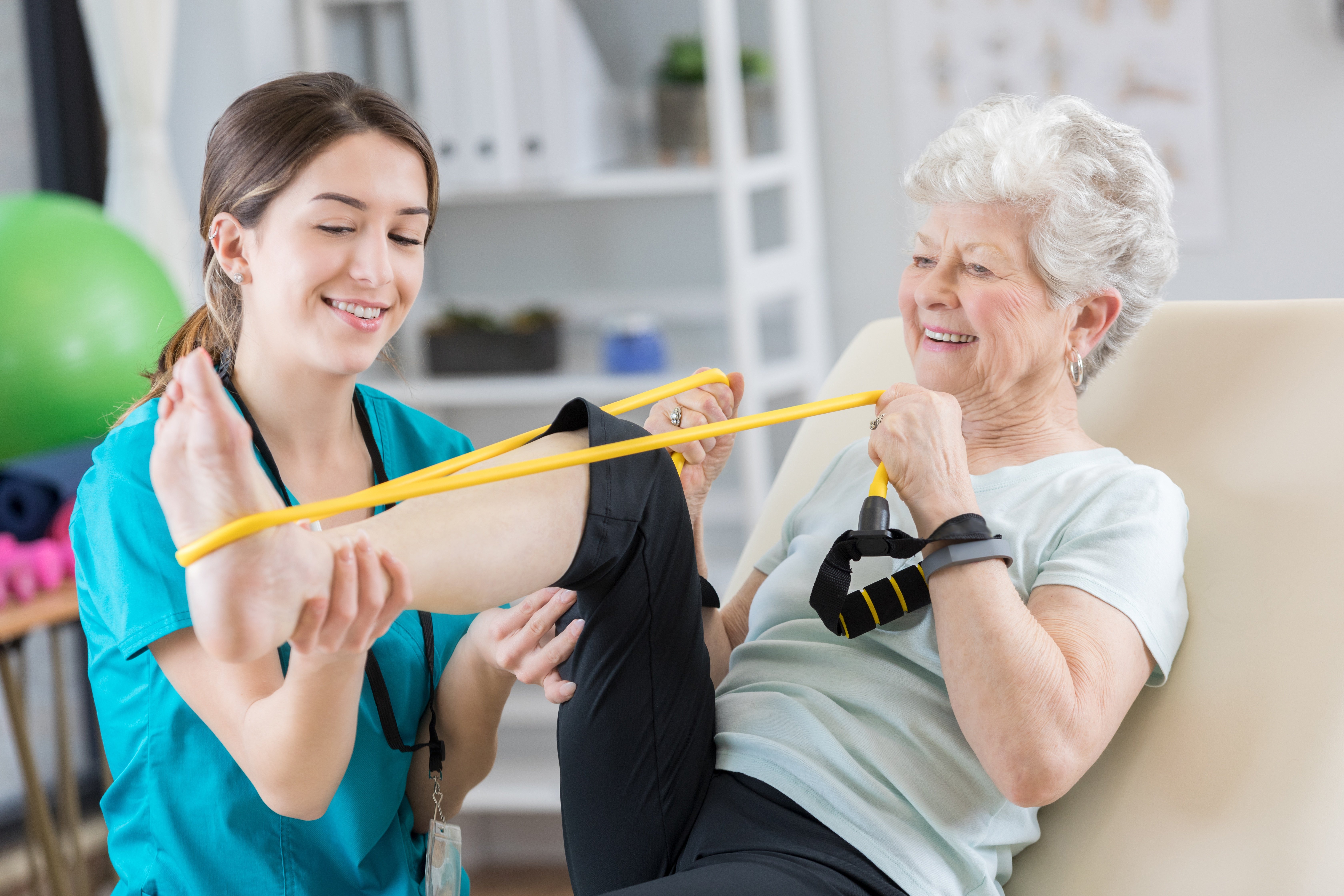
Occupational therapy asks: “What matters to you?” instead of “What’s the matter with you?” It’s a prime example of what differentiates occupational therapy from other physical therapy programs. Occupational therapists (OTs) focus on what is important to a patient, and they identify the important and valued activities that the patient will encounter in the activities of daily living (ADLs).
The primary difference between physical and occupational therapy is that PT focuses on improving movement of the body, while OTs assist patients with the following ADLs:
- Self-care activities, including eating, grooming, dressing, and toileting
- Leisure activities, helping patients pursue spending their free time doing something they enjoy
- Work, which involves mental or physical effort done to achieve a purpose or result
The importance of a properly educated OT cannot be overstated. We all know someone who has suffered an injury or illness severe enough that they required help doing something as simple as getting dressed.
Job growth in the field of occupational therapy is projected to increase by 27 percent from now through 2024. A few of the different levels are listed below:
- Bachelor’s of Occupational Therapy: This enables graduates to work as occupational therapy assistants. Occupational therapy assistants work directly with an OT to deliver maximum results to the patient.
- Licensed Occupational Therapist: A successful candidate will need to plan on earning at least a Master’s in Occupational Therapy.
- Occupational Therapy Management or Research: These careers are for those who wish to be experts in the field. The Doctorate of Occupational Therapy is the ideal program.
Every day we easily perform any number of activities, and the ease of doing them leads to taking that ease for granted. An accident can severely limit the ease of ADLs. Making a commitment to rigorous and thorough education of new OTs will ensure that as a society we are prepared to properly rehabilitate those who have been injured, enabling them to live life to the fullest once again. We would like to thank all the OTs and future OTs out there for helping patients get back to living life that they were meant to live.
Pocket Nurse provides a Sensory Stimulation Activities Kit for occupational therapy educators. See the Pocket Nurse website for more!
Sources:
Human Services Education, Occupational Therapy
AOTA, "Why I Chose Occupational Therapy






